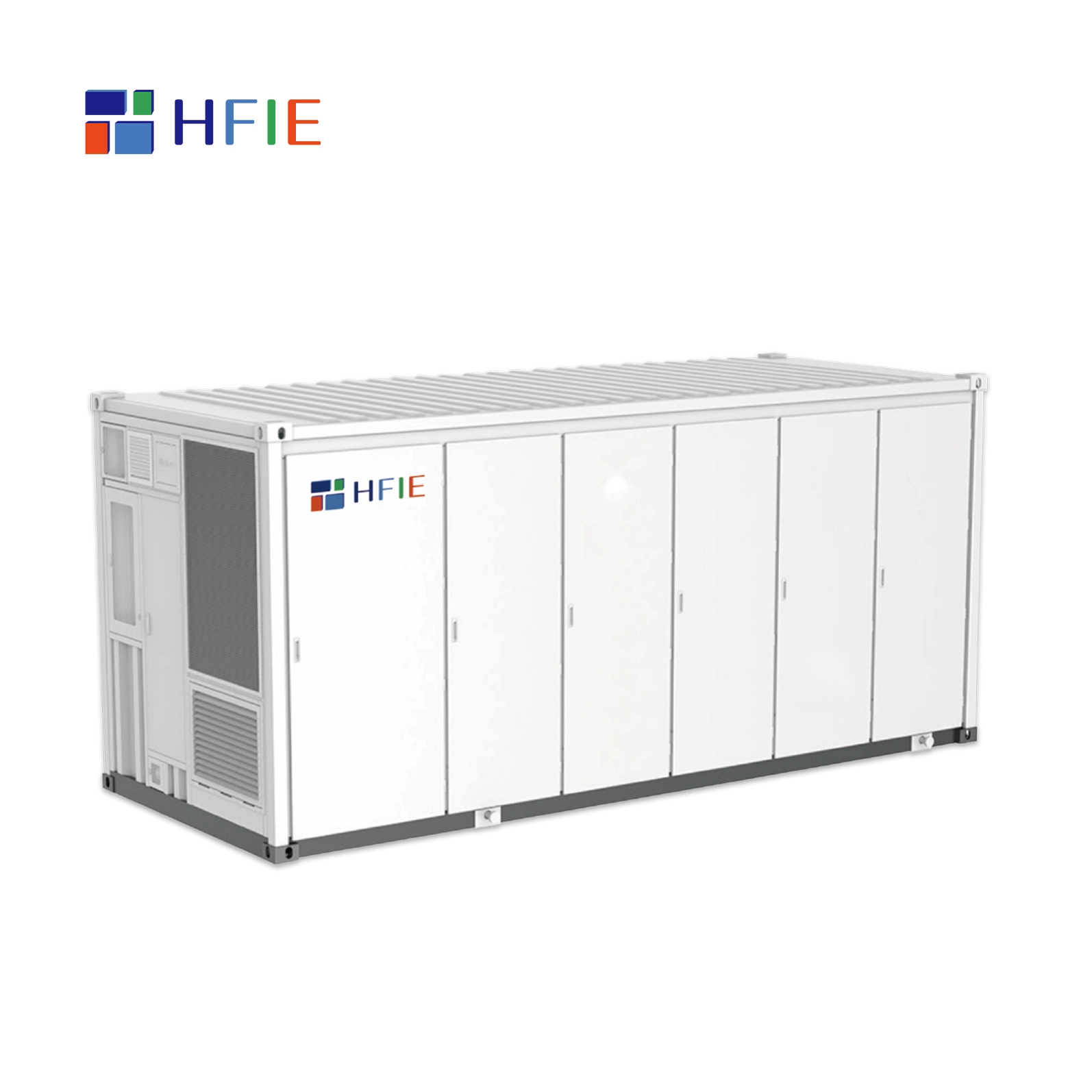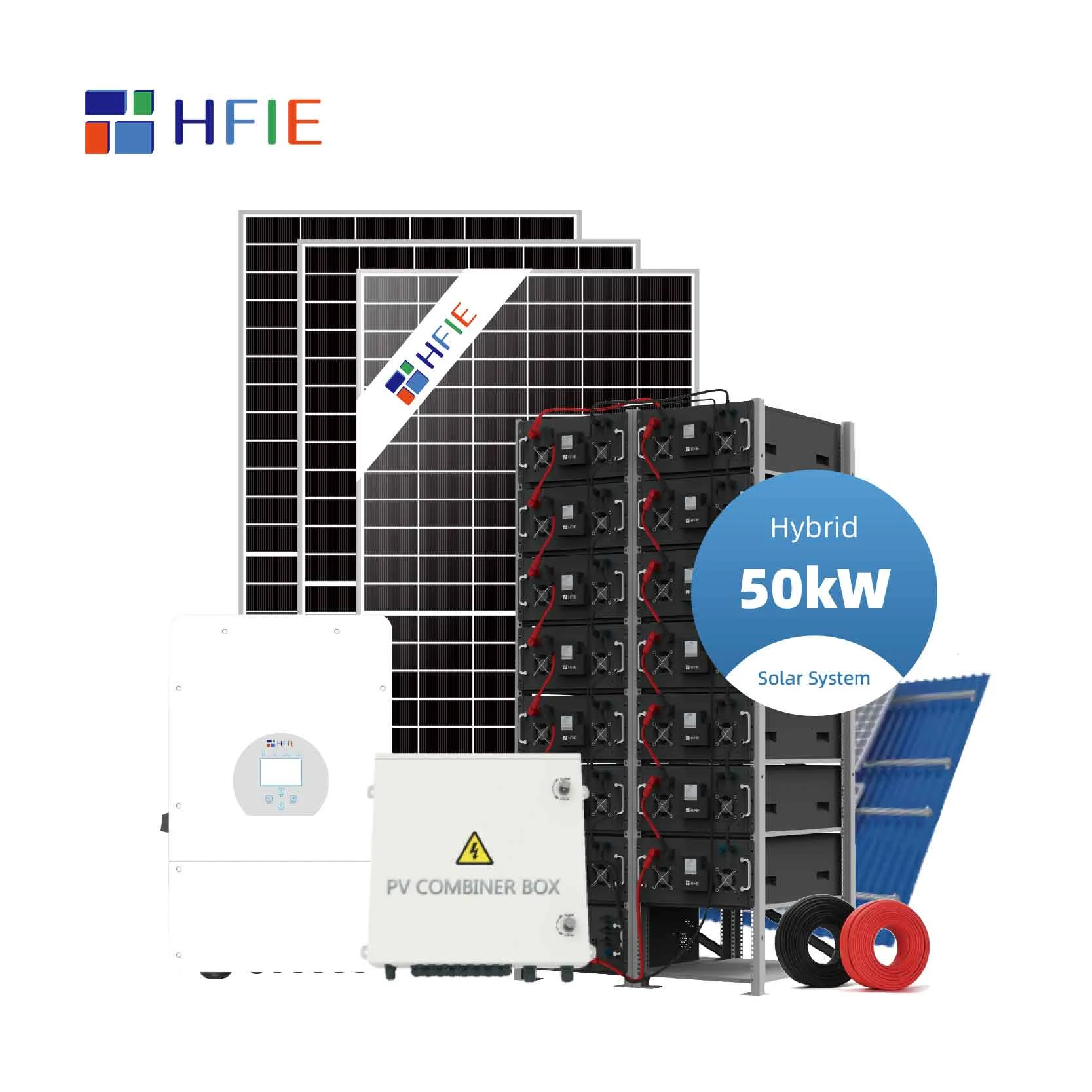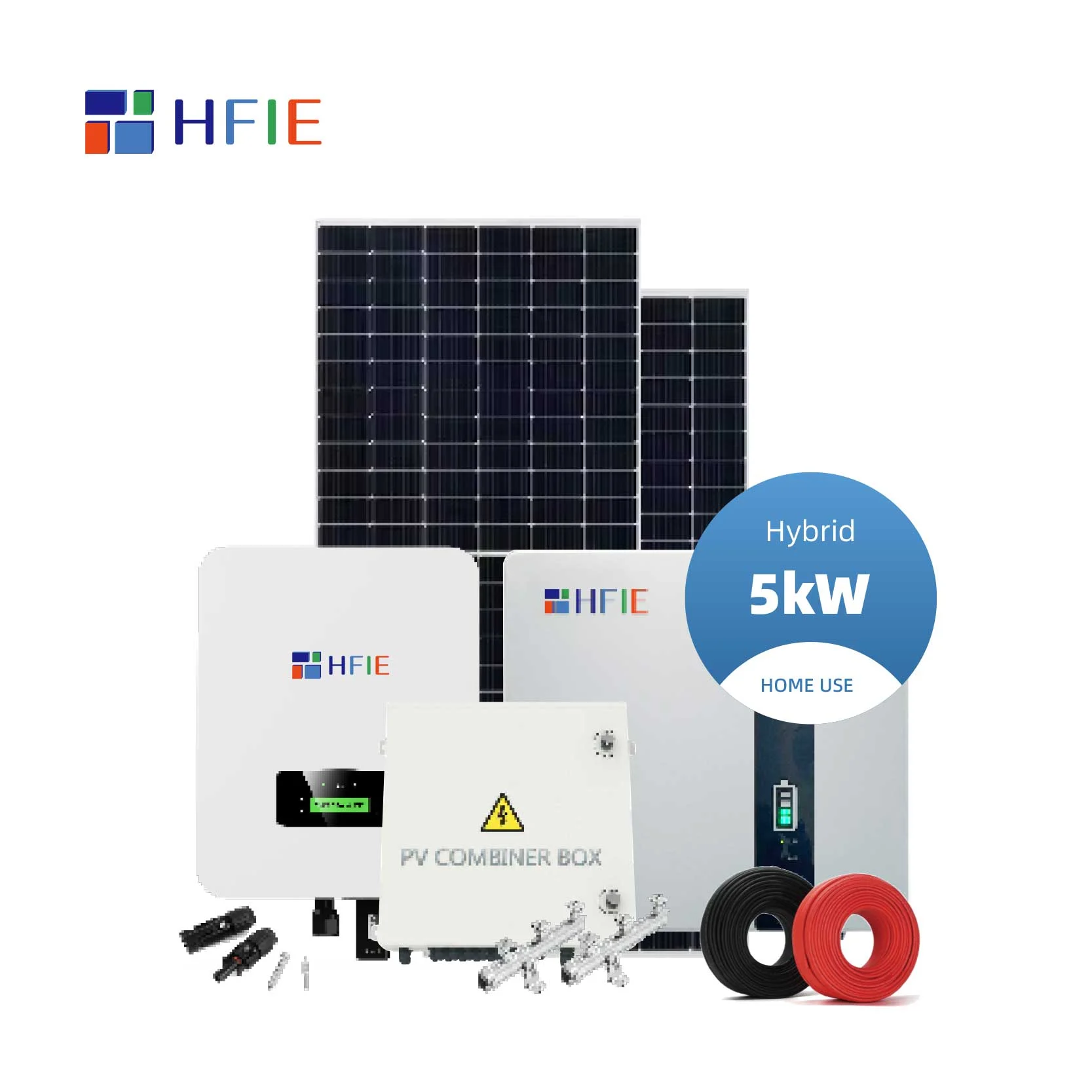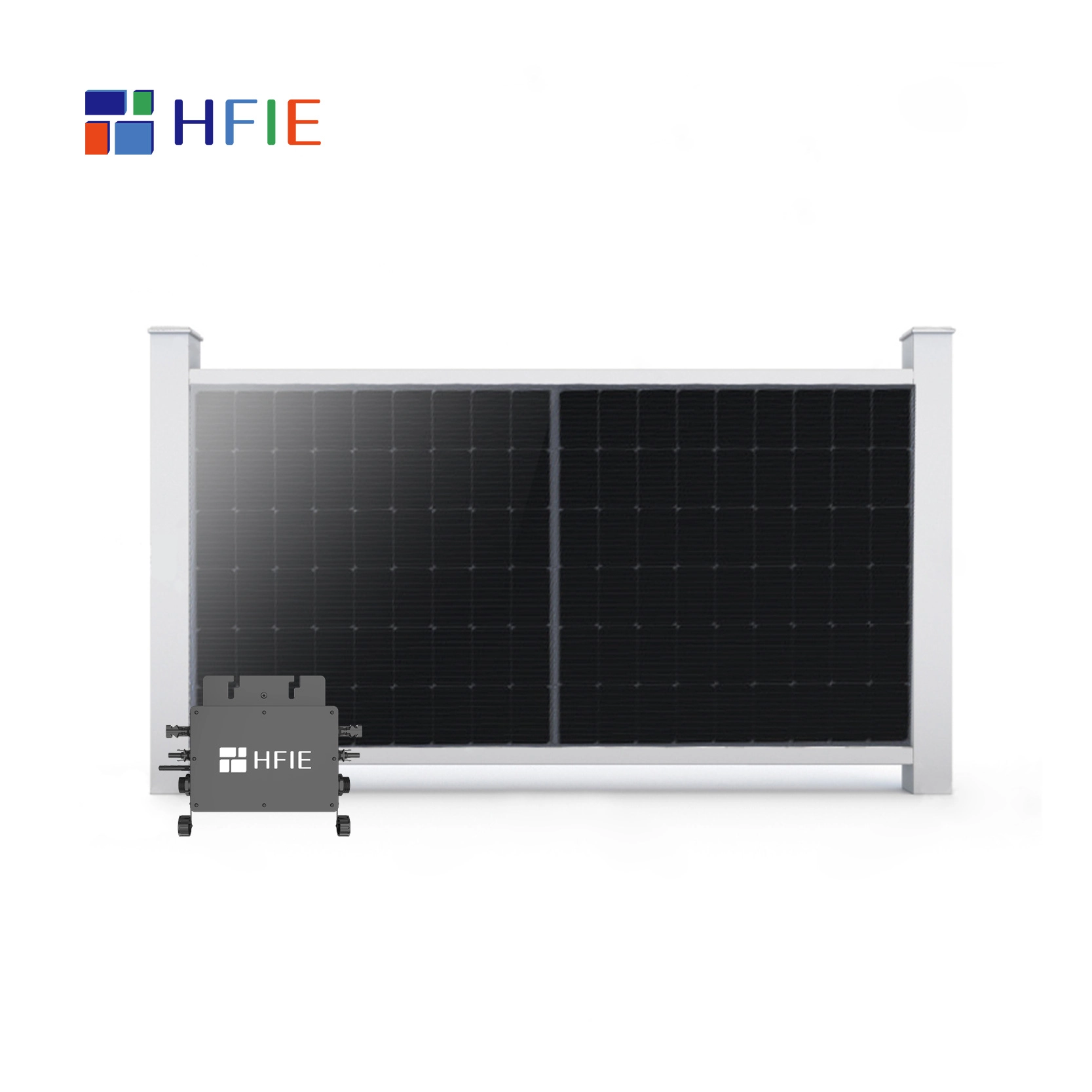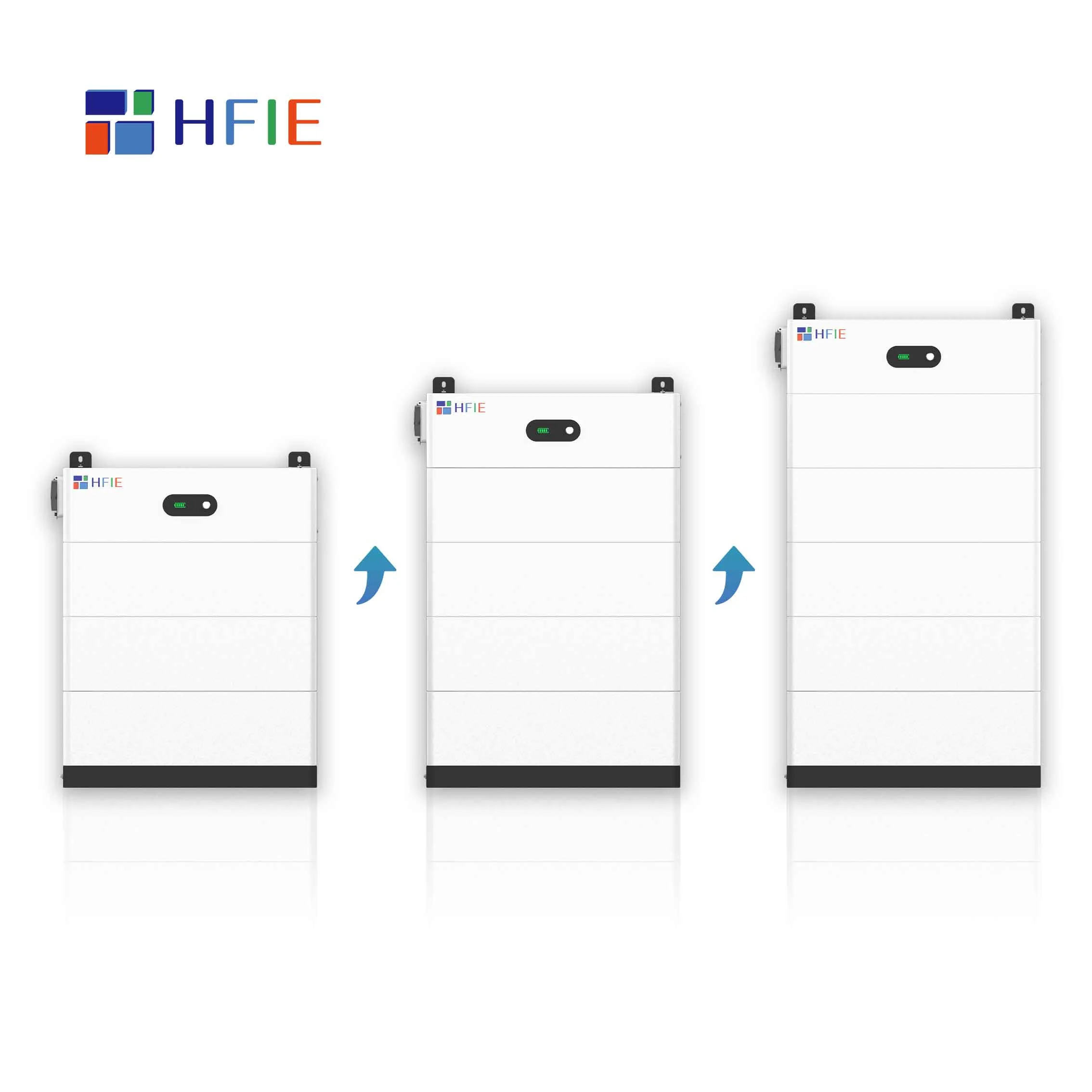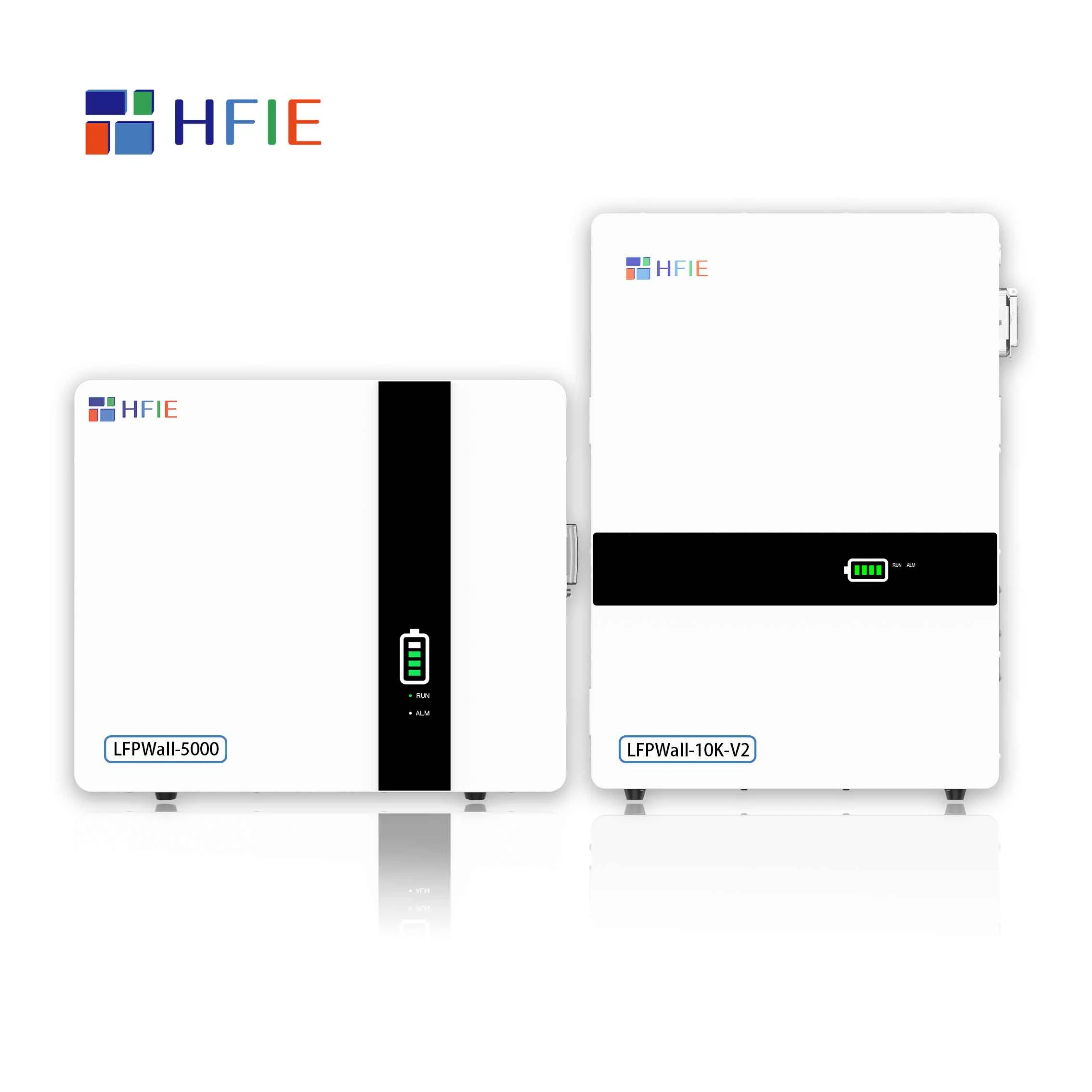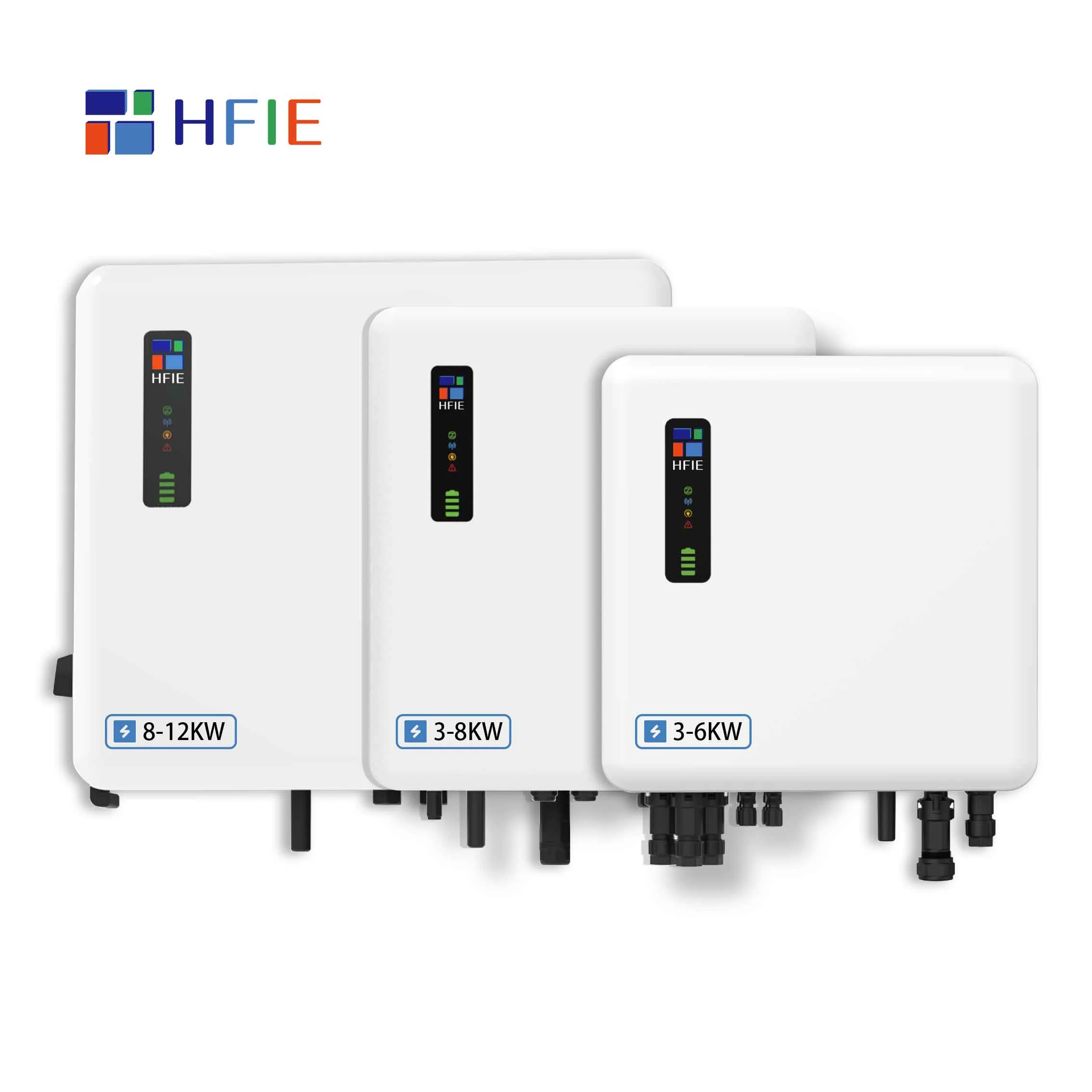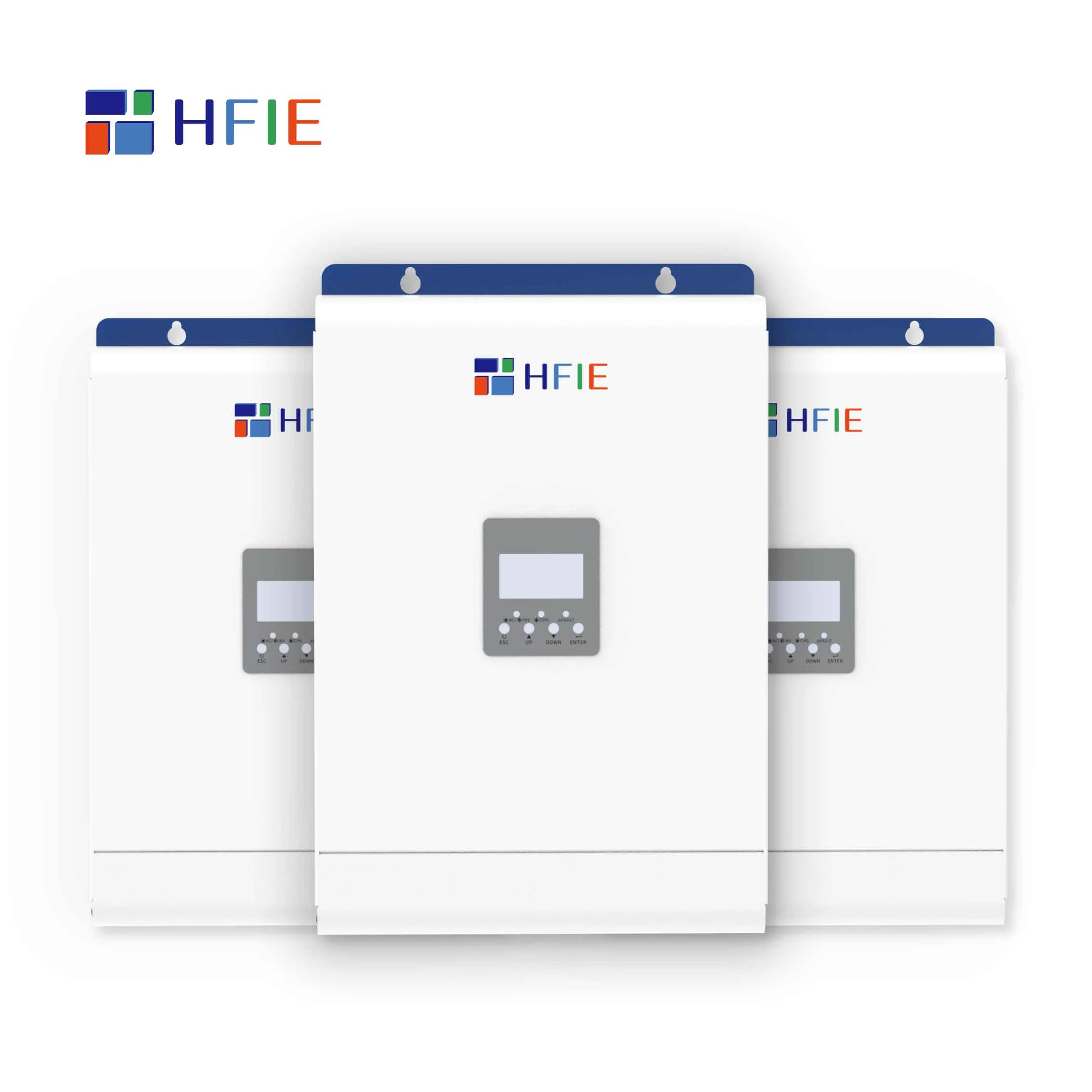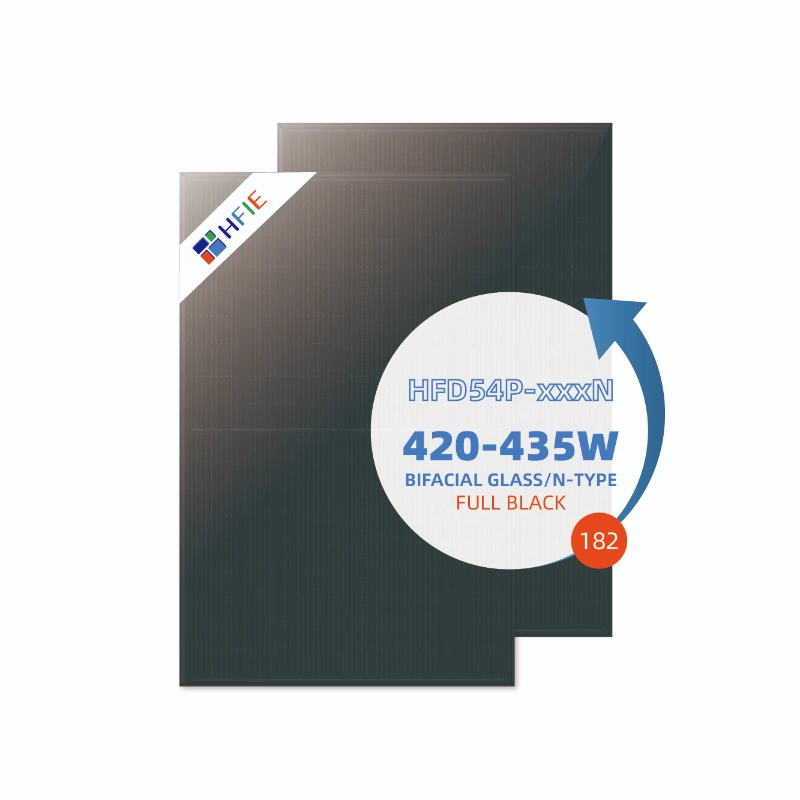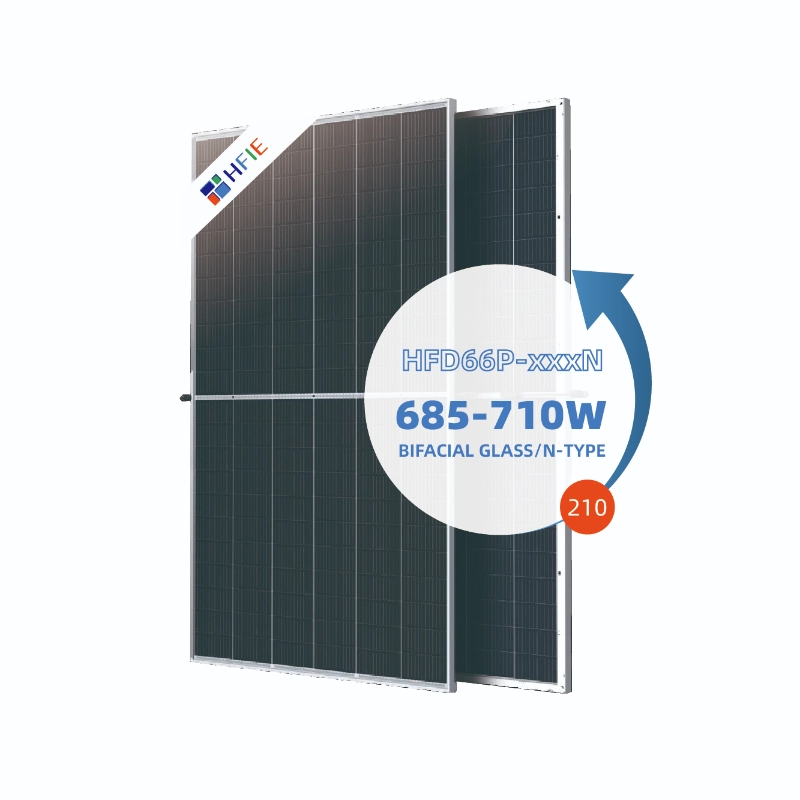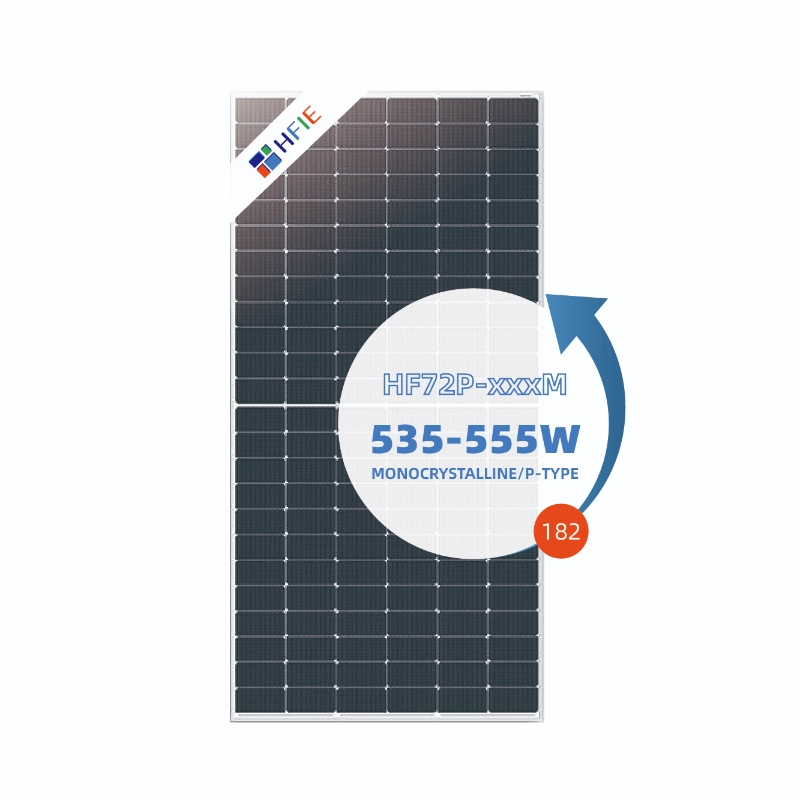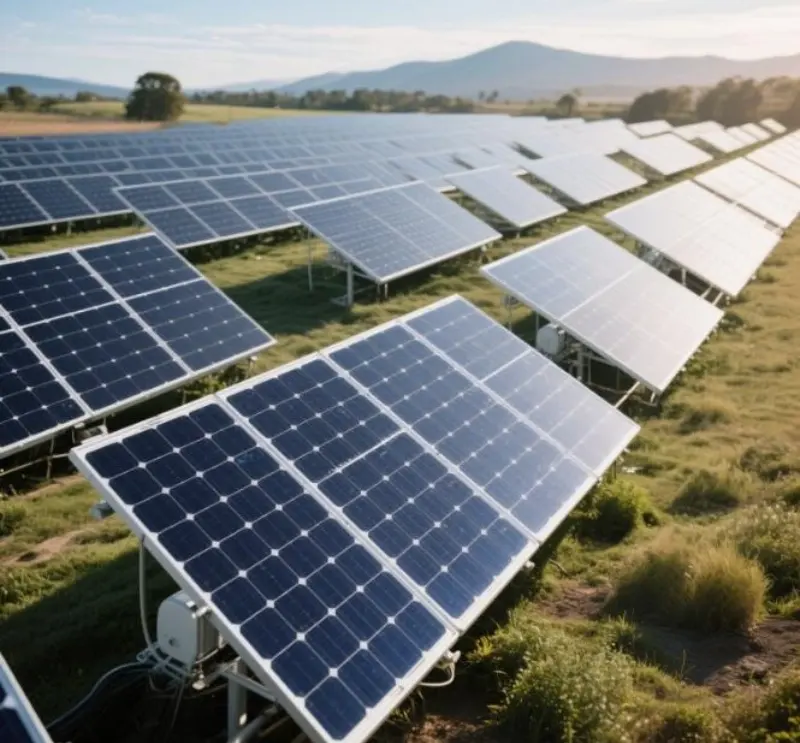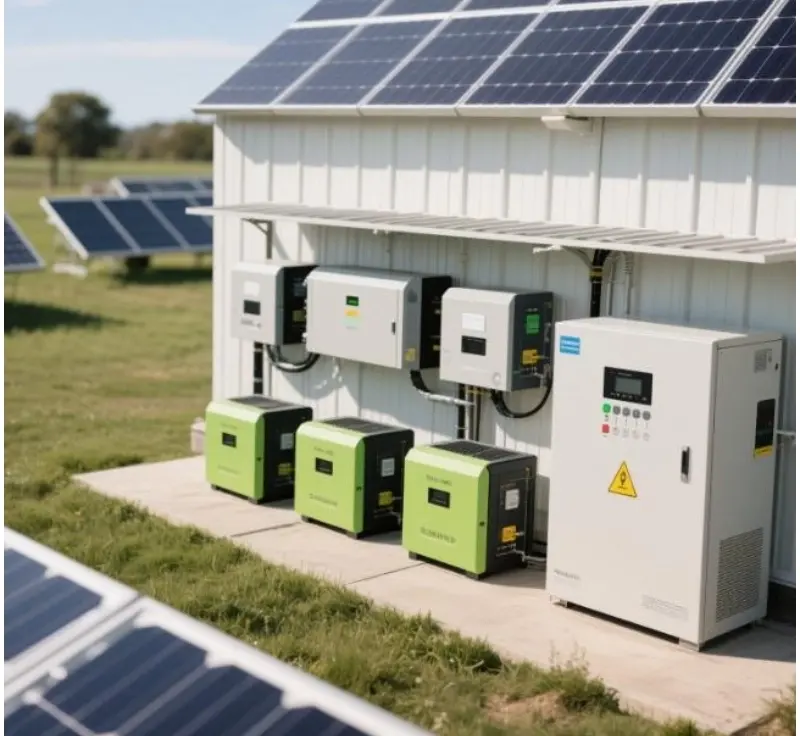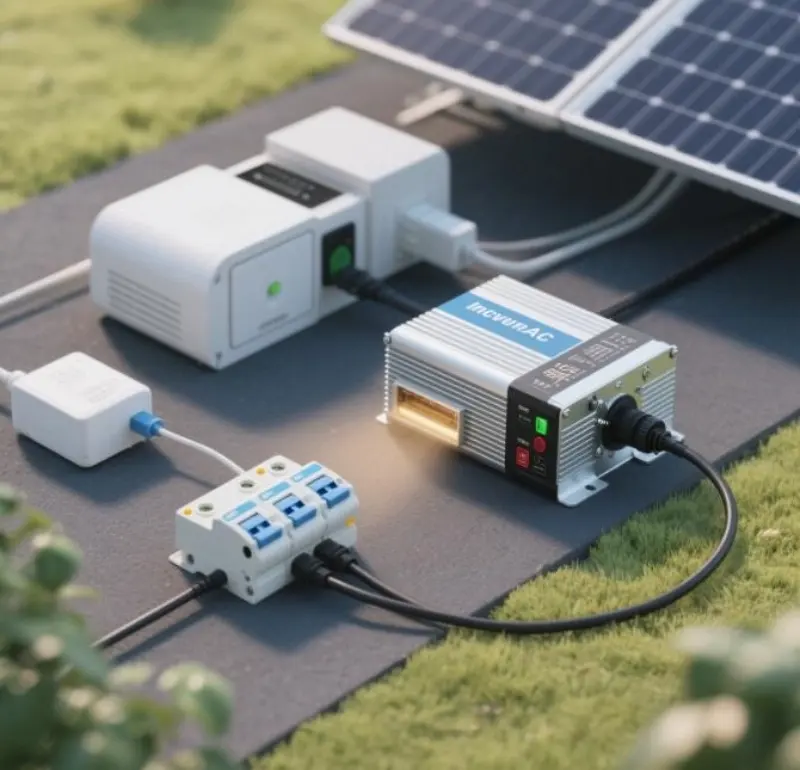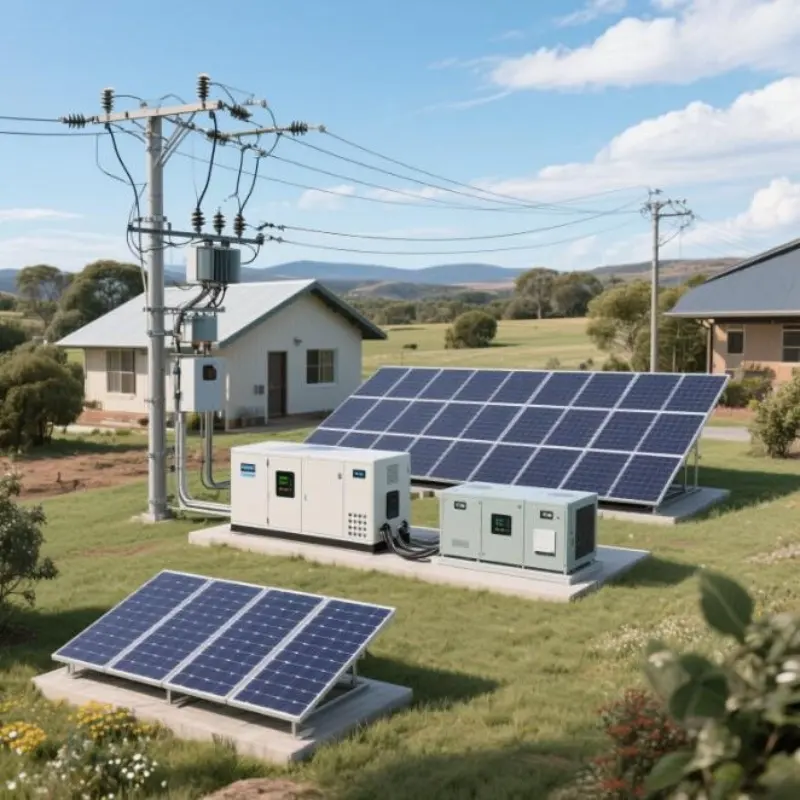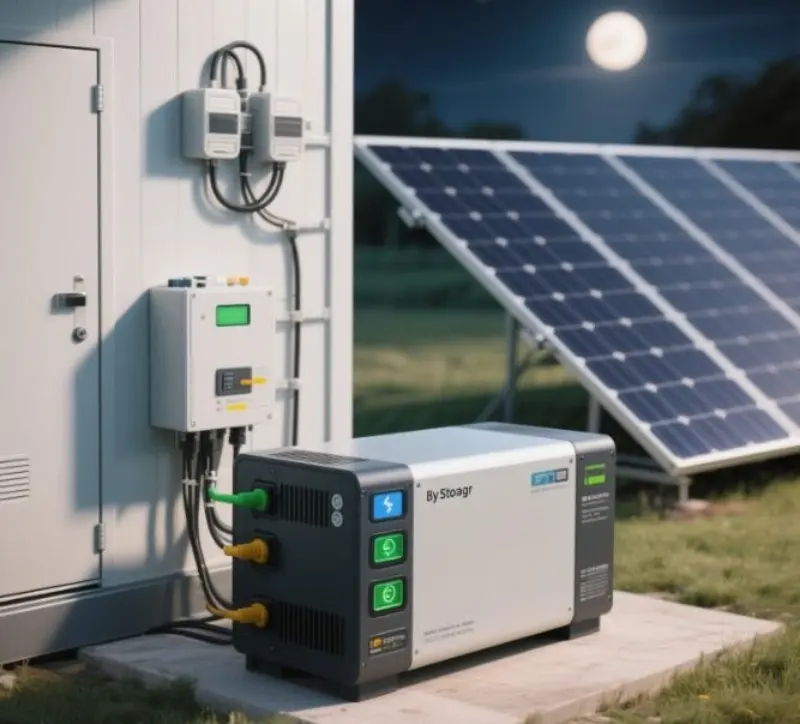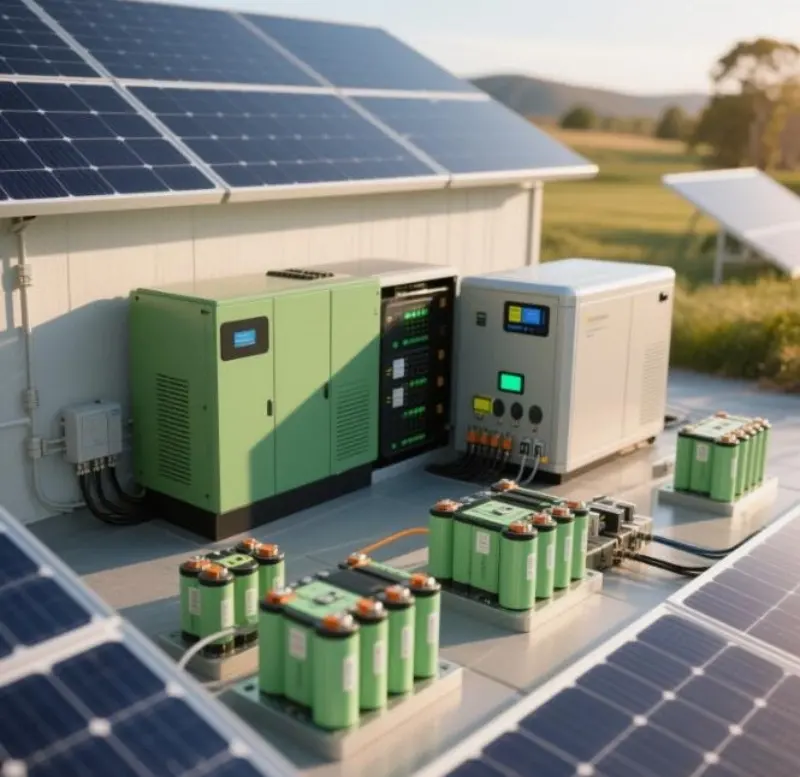As the global energy transition accelerates, solar energy, as a clean and renewable source of power, has garnered widespread attention. However, the intermittent nature of solar power generation has limited its large-scale application. Fortunately, the emergence of solar energy storage technology has provided an effective solution to this challenge.
Solar energy storage technology works by converting solar energy into electrical energy and storing it in energy storage devices for use when needed. The process begins with solar panels absorbing sunlight and converting it into direct current (DC) through the photovoltaic effect. An inverter then converts the DC into alternating current (AC) to meet the electrical needs of household and commercial devices. When solar power generation exceeds immediate electricity demand, the excess electricity is stored in a battery bank. During nighttime or periods of insufficient sunlight, the energy storage battery supplies power to the load through the inverter by converting the stored DC into AC.
Solar energy storage systems have a wide range of applications. Off-grid solar energy storage systems operate independently without relying on the power grid and are suitable for areas without a grid connection or places that experience frequent power outages, such as remote mountainous regions, islands, and communication base stations. These systems consist of a photovoltaic array, an integrated inverter and controller, a battery bank, and a load. When there is sunlight, the solar panels generate electricity and charge the batteries. During periods without sunlight, the batteries supply power to the load through the inverter.
Hybrid grid-connected and off-grid solar energy storage systems combine the advantages of both types and are suitable for areas with significant peak and off-peak electricity price differences or unstable power grids. They can store excess solar energy during the day and use it during peak electricity price periods or power outages, thereby reducing electricity bills. Grid-connected energy storage systems integrate photovoltaic power generation with the power grid. The energy storage device smooths the power output, enhancing grid stability. It can also draw electricity from the grid at night or during periods of insufficient sunlight, further optimizing energy utilization. Microgrid energy storage systems are small-scale independent power grids suitable for distributed power generation and backup power scenarios. They can provide power support during grid failures, ensuring uninterrupted power supply to critical loads.
Solar energy storage technology offers several advantages. By storing excess solar power, energy storage systems enable the use of solar energy during nighttime or periods of insufficient sunlight, increasing energy self-sufficiency. Energy storage systems can quickly respond to grid fluctuations by providing or absorbing excess power, reducing reliance on traditional fossil fuels. This technology also addresses the intermittency of solar power, allowing for more efficient grid integration of renewable energy sources.
Looking to the future, solar energy storage systems are expected to become more efficient and cost-effective. The development of new energy storage batteries will make storage devices more efficient and durable. Additionally, the upgrade of intelligent control systems will enable better integration of energy storage systems with smart grids, facilitating more efficient energy distribution and utilization.
In conclusion, solar energy storage technology is a key enabler of the clean energy transition. It not only addresses the intermittency of solar power generation but also provides reliable energy support for households, businesses, and power grids. As technology continues to evolve and costs decline, solar energy storage technology is poised to play an increasingly important role in the future energy landscape.
Contact:
Company: Hefei Hefu Intelligent Energy Co.,Ltd.(HFIEPOWER)
Address: Hefei, Anhui, China
Phone:+86-551-12345678
Email:info@hfiepower.com







